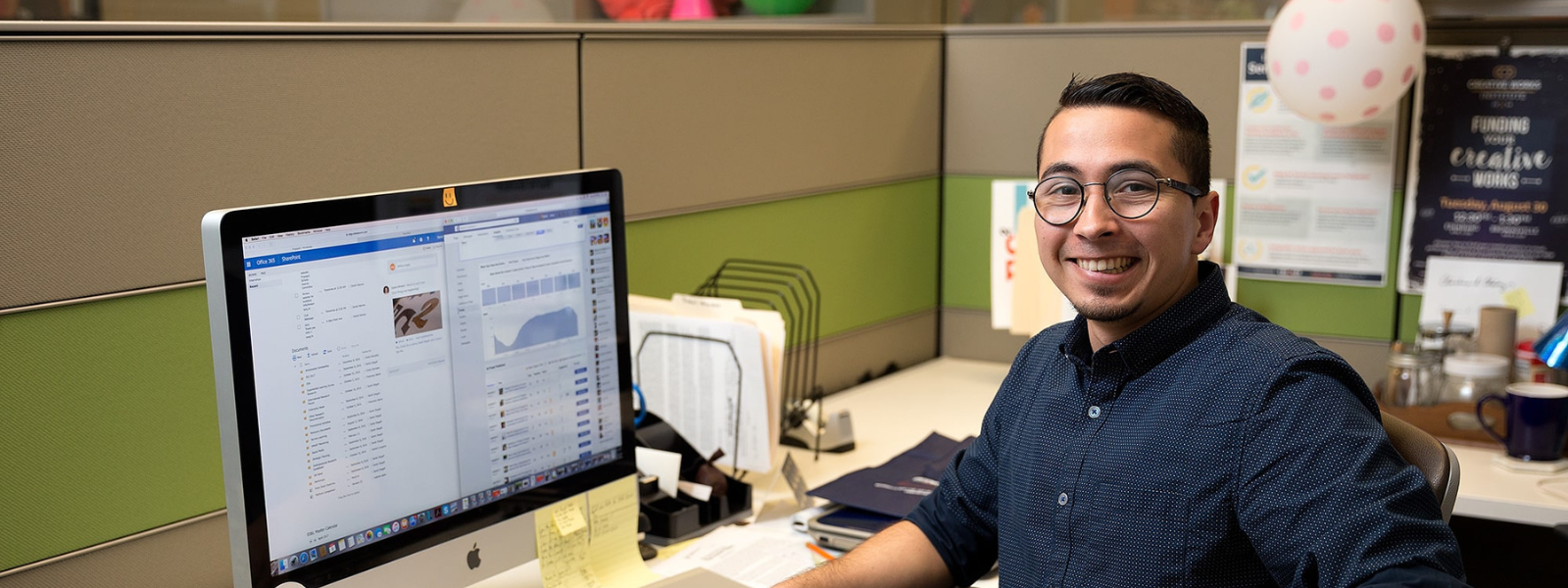Keep it Civil
When employees experience incivility, they may behave in ways that are damaging and costly to their organization, Research shows.
Incivility has become increasingly prevalent in today’s workplace, with some surveys indicating that up to 98% of workers have experienced uncivil behavior, while 50% encounter rude behavior on a weekly basis. Common examples of incivility include ignoring or excluding a coworker, addressing a colleague unprofessionally, or doubting one’s judgement on a work matter. Being a target of incivility is very stressful for workers and has been shown to negatively impact employees’ performance and well-being. As such, incivility is costly for organizations, resulting in loss of time, money, and people.
But are employees who experienced incivility in their workplace more likely to engage in counterproductive work behavior (CWB)? If so, are there particular conditions that further exacerbate such behavior? This were some of the questions posed by a study conducted by Dr. Jennifer Welbourne (Associate Professor of Management) and her colleague Dr. Ana Sariol.
To investigate these questions, the researchers collected two waves of survey data from a sample of 252 United States workers from a variety of occupations. The sample was 50 % female (50% male) and participants ranged from 20 to 65 years old (with an average respondent being 46 years old). On average, they had been at their job for about 9 years. At Time 1, workers responded to a survey about how much incivility they experienced at their job, their level of job involvement, and their task interdependence at work, along with several demographic and control variables. Six weeks later, at Time 2, workers completed a second survey in which they reported how often they engaged in counterproductive work behavior during the past month. The researchers specifically explored two types of counterproductive work behaviors: production deviance (purposely working slowly or doing work incorrectly) and withdrawal (disengaging from work, being absent or tardy).
Overall, they found that workers who experience frequent incivility are more likely to engage in counterproductive work behaviors, specifically, production deviance and withdrawal. We found that this is especially the case for the workers who are most highly involved in their job. Task interdependence also affected whether workers who experienced incivility behaved counterproductively, but it depended on gender. Women were especially likely to respond to incivility with counterproductive work behavior when they had to work closely with and depend on others (high task interdependence). On the other hand, men were more likely to respond to incivility with counterproductive behavior when they did not have to depend on or work closely with others to complete their job tasks (low task interdependence).
How can organizations use these findings? The findings demonstrate that when employees experience incivility, they may behave in ways that are damaging and costly to their organization. Professor Welbourne believes that these findings call attention to the importance of effectively managing and reducing workplace incivility. There are several steps that organizations can take to do this. Companies can invest in civility training to encourage positive interactions between employees, especially those who work in task interdependent conditions, given that women who worked under these job conditions were especially likely to behave counterproductively in response to incivility. Managers can also take steps to reduce incivility, such as modeling civil behavior and establishing (and enforcing) consequences for uncivil behavior. Additionally, it is important for managers to be aware that highly job-involved employees may be particularly vulnerable to the stress of incivility and may benefit from additional coping resources.
The study was published in the Journal of Occupational Health Psychology, an elite journal in RCVCOBE’s journal quality guide.

